Ramadan From the Lens of a Teenager
Medina Mosque
March 30, 2023
When the crescent moon glows in the night sky during the ninth month of the Islamic calendar, the sun becomes a guiding force for select students at Hinsdale South.
The rising moon marks the beginning of a highly anticipated Islamic holiday: Ramadan. Given that the holiday follows a lunar calendar, the date fluctuates annually; this year, it officially commences on March 23rd and concludes on April 21st.
It’s a momentous occasion as Sedra Dallal points out.
“This month is a celebratory month even though there are some restrictions since we can’t eat during the day, but it’s a very happy month and it’s filled with joy. It’s something Muslims love to do and celebrate when this month comes around,” said Dallal.
To celebrate, Muslims adorn their homes with luminescent decorations including moon lights and lanterns. Often, they may follow in the footsteps of their Prophet Muhammad by consuming dates alongside popular Arabic appetizers and pastries.
Social gatherings within tight-knit communities are only a small portion of the holiday. Ramadan also presents a personal opportunity for Muslims to strengthen their relationship with their god, Allah, and develop empathy for the less fortunate.
A commonly recognized custom that characterizes Ramadan is fasting, one of the Five Pillars of Islam. From sunrise to sundown, Muslims refrain from eating or drinking.
“We want to experience what it feels like for the people who don’t have food, who don’t have water, who don’t have any of these necessities during this month. In the end, it gives you a sense of gratefulness: you feel really grateful for what you have and that even something as simple as food and water, you shouldn’t take advantage of or take for granted.” Dallal continues.
Over spring break, Layan Al-Khaled alters her routine to adhere to this schedule.
Waking up between 1:30 and 2:00 PM, her day begins with an afternoon prayer which is followed by a brief run. After freshening up, she sets aside some time to pray the second out of 5 prayers in the day. In the time following, she prefers to keep busy: running errands and going out for groceries. As the afternoon winds to a close, she prepares food for iftar with her mother; it will be the first meal to break her day’s fast. Once the sun sets, Layan and her family pray the nighttime prayer before eating. Rejuvenated by her meal, Layan feels productive; she completes work, chills, snacks, and hydrates until 5:30 AM. At this time, she prays the morning prayer before finally catching some sleep.
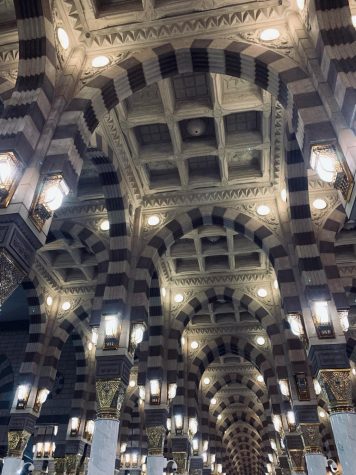
Another student, Maya Al-Ani, is celebrating Ramadan in Mecca and Medina; these locations are holy sites in Islam. Her family always attends prayers at night—called Taraweeh—it lasts from around 8:00 to 10:00 PM.
Though not every individual follows the same path during this holy time period. Each schedule varies and is ultimately dependent on personal obligations or hobbies.
Dallal, for example, may find herself in a coffee shop during the late hours of the night after praying at the mosque. Other nights, she may sleep through most of the period before waking up and having suhoor, the meal before dawn.
Dallal and Al-Khaled both grew up with older siblings and thus have been fasting from a very early age. School has never presented itself as an obstacle to them, especially in the eyes of Dallal.
“I don’t feel like it’s that big of a deal. You would think that it definitely impacts retention at school, but not really after a day or two. It’s just kind of weird how you feel when everyone’s going to lunch and you kinda have to stay back or if you’re going to lunch and you can’t eat. You’re surrounded by everyone eating and drinking and everything, but it’s not as restricting as you think. You honestly don’t really feel the hunger.”
Regardless, Hinsdale South offers various modes of assistance whether it be P.E exemptions or private library rooms for praying. Though it’s not a new occurrence, Ramadan has become a more recognized month than in previous years as a result.
However, fasting doesn’t just include physical detachments, but moral as well. Gossiping and selfish pursuits are avoided to express self-restraint while charity and acts of service become primary focuses; it’s something Al-Khaled takes pride in. Following recent tragedies in the Middle East, this practice has become ever more crucial.
Al-Khaled explains, “A major part of Ramadan is Sadaqa (donations) and helping the less fortunate, so being able to volunteer and help my community during Ramadan, especially in the wake of the earthquakes in Syria and Turkey, is really important to me, and it helps me be more aware of the world around me. It’s also really humbling and brings me closer to my religion.”
Ramadan can be stressful at times as a teenager who participates in various activities, clubs, sports, while also being a full time student, but the payoff off from practicing self-discipline, self-control, sacrifice, and empathy for the less fortunate ultimately proves to be a rewarding experience strengthening those who partake in this celebrations relationship with Allah.

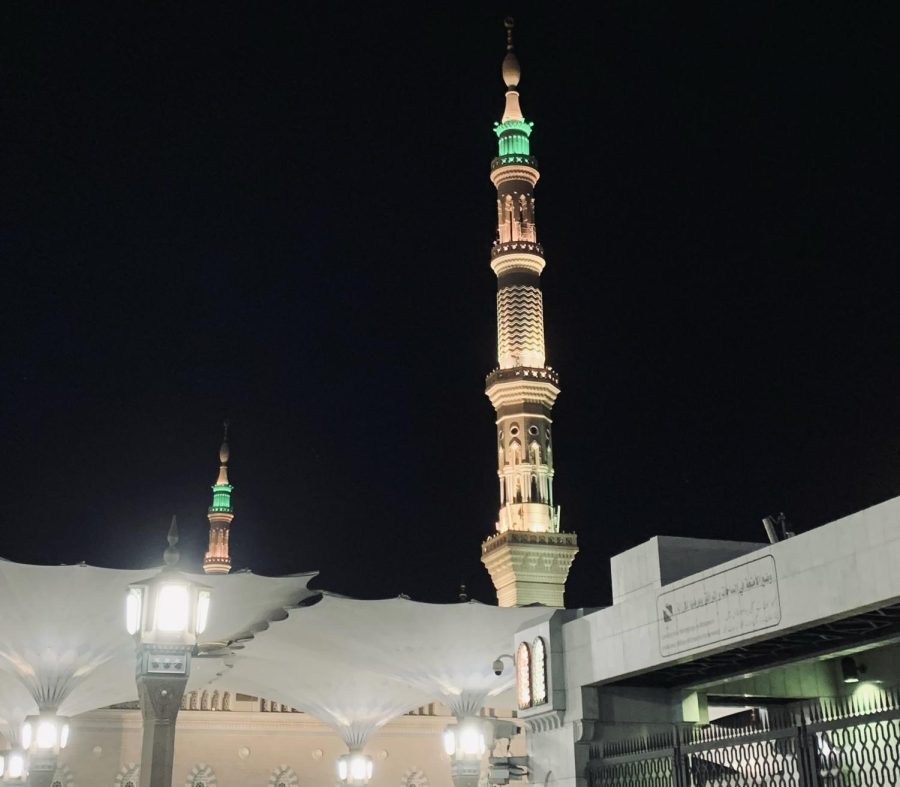

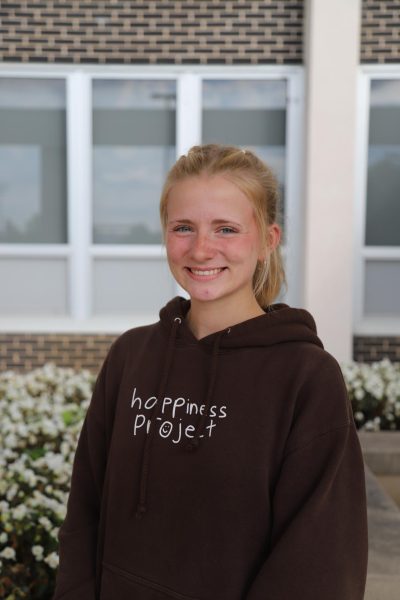
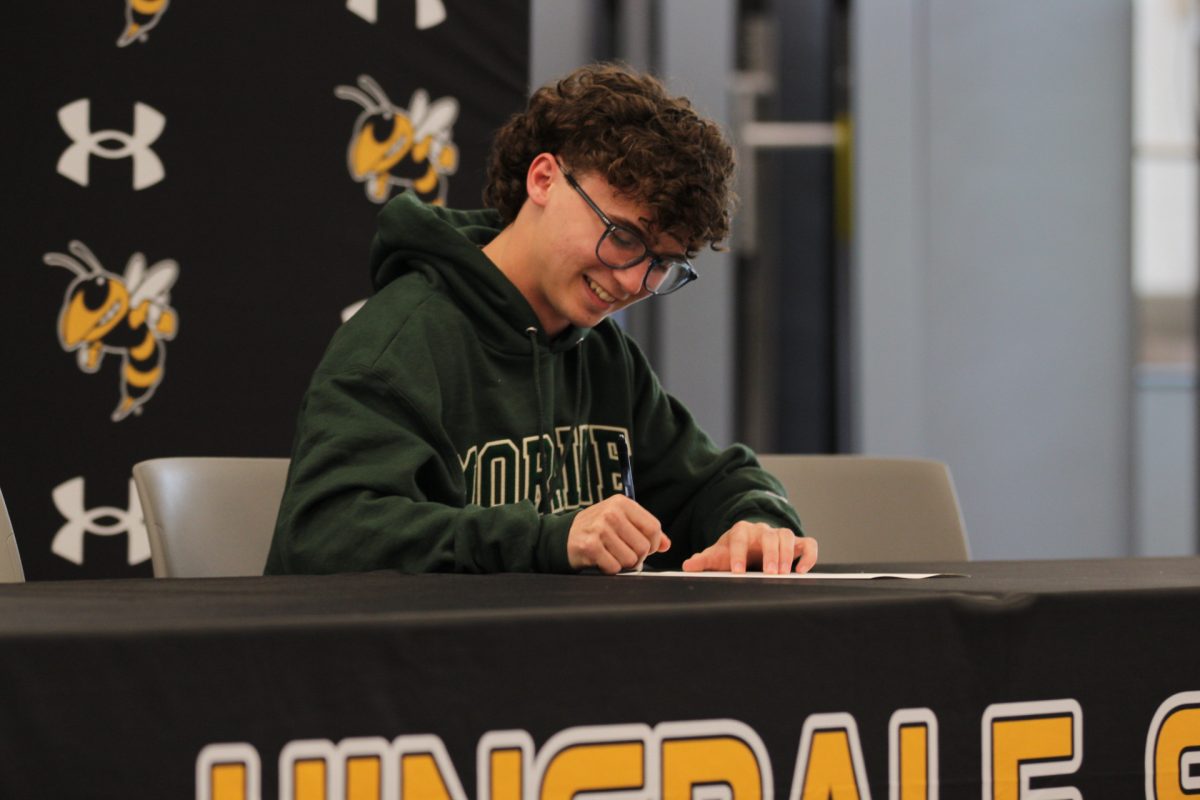

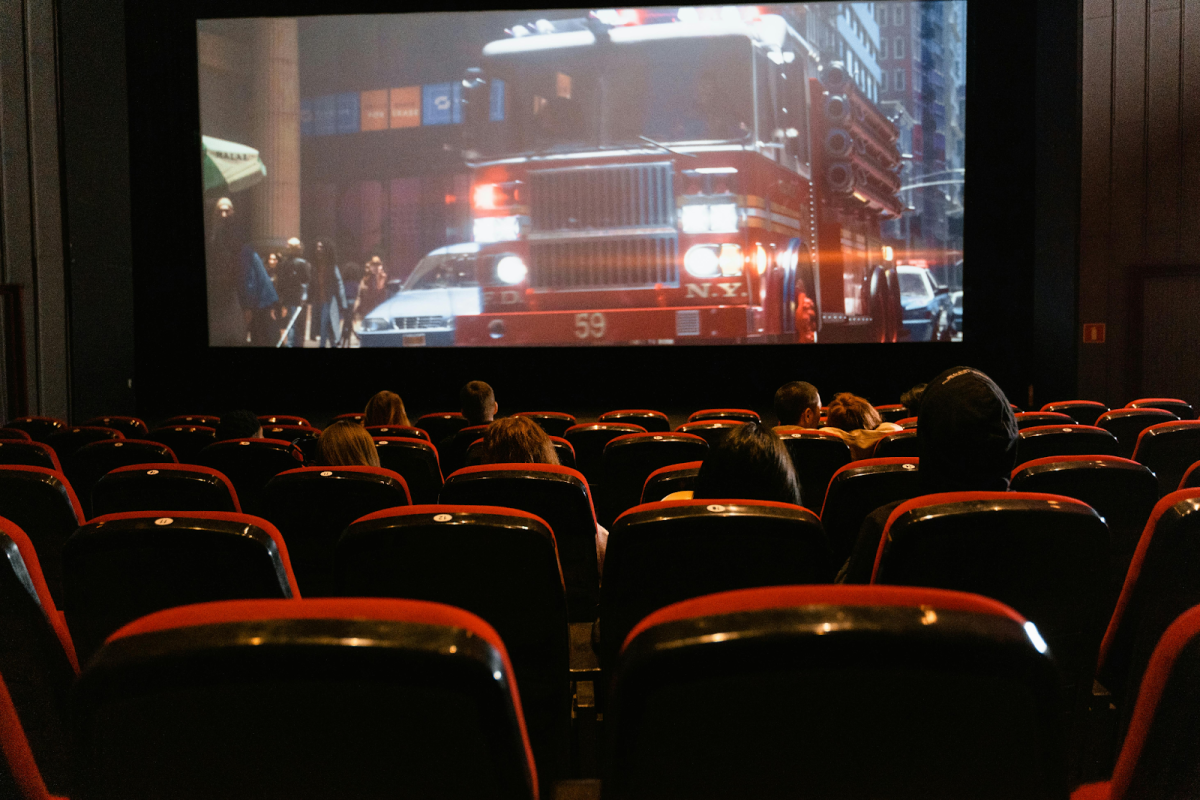

Goc Tina • Jun 28, 2023 at 10:32 pm
Well written